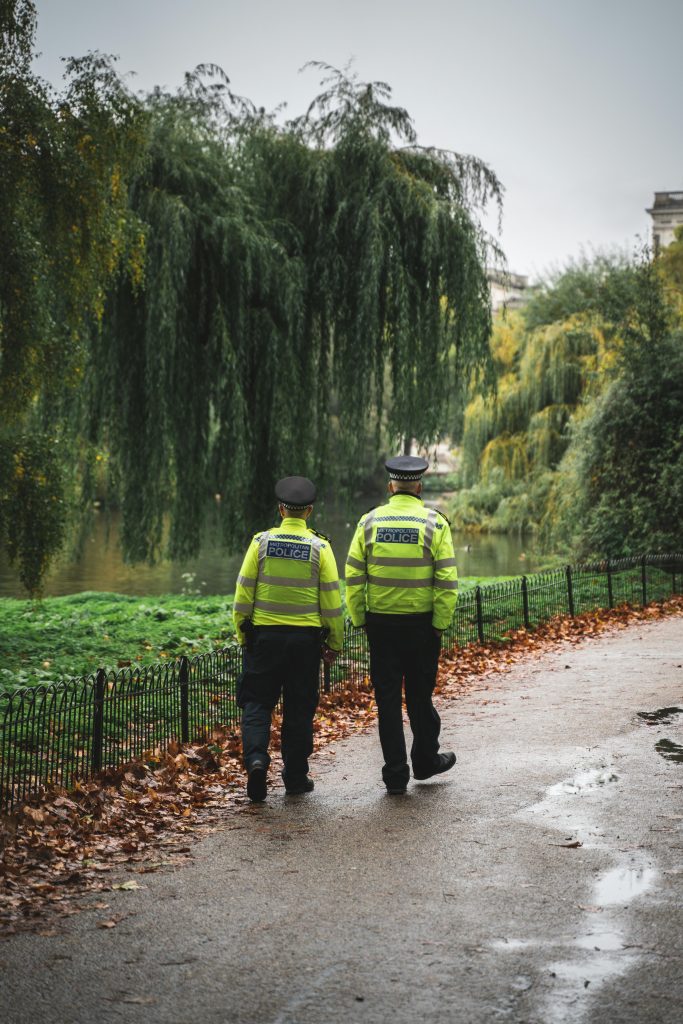Budgeting
When you get your pocket money, or later, when you start earning money from a part-time job, it can be exciting, and you might want to spend it all at once. But learning how to budget is one of the most important things you can do for your personal finances.
Creating a budget can help you track your spending, so you know what’s coming in and what’s going out. Whether you’re spending on a phone bill, takeaway food, or travel to school, a clear budget plan can help keep your spending habits in check and ensure you have enough money left to add to your short-term savings or reach your long-term goals.
A budget is a plan that shows your income (like wages or allowance) and your outgoings (things you pay for regularly). What’s left after expenses is your disposable income, which you can use to save, spend wisely, or invest. There are lots of budgeting apps available, some even have a free version.
Without a budget, it’s easy to overspend, miss your financial goals, or even fall into paying off debt later. Good financial planning now can help build healthy money habits for the future.
Ways to pay
There are several payment methods to choose from; cash, debit card, or electronic payments through your bank account. It’s always better to try and save money to pay for expensive purchases rather than borrowing from family or friends.
Once you turn 18, you may consider options like loans or credit cards. These can help you manage large costs over time by paying in monthly instalments. However, be careful. Credit cards often come with high interest rates (see Jargon Buster), and borrowing too much can affect your credit score if not managed properly.
Always ask yourself: is this purchase part of your day-to-day needs, or something you can live without?
Knowing what a necessity is and what isn’t
Essentials like food, school supplies, and transport are needs. Extras like streaming services or takeaways are nice to have but aren’t essential. Understanding the difference can help you avoid impulse buys and support better money saving habits.
While it may seem like everything costs money, there are things you can do that are free such as going to the local park, going to a museum in your local area or having friends round. Look out for public services – there are often fun things you can do that don’t cost anything.
Use reward schemes where possible
Some stores and apps offer reward schemes on purchases like cashback, points, or discount vouchers. These can help you save when you shop. If you plan to buy something anyway, using these offers could be a smart way to stretch your money further and even boost your saving and investment plans.
There are some sites that give you money back when you make a purchase through them*, this can be a great way to save money if you are already buying something in the first place.
* Age restrictions may apply.

Check your account
Keeping an eye on your savings accounts and bank accounts through mobile banking makes it easier to see where your money is going. This can help you stay on top of your spending habits, avoid overdrafts, and plan better.
Regularly reviewing your spending may help you stick to your financial goals and feel more confident about managing your money.
Think before you spend
It’s easy to feel like you have to buy something right now, especially when there are sales, special offers, or your friends are spending too. But one of the best things you can do for your personal finances is to stop and ask yourself: Do I need this today? Or can it wait?
Taking time to think before you spend can help you develop better spending habits and avoid buying things just for the moment. Instead, plan your spending around your day-to-day needs and your bigger financial goals.
Impulse purchases can quickly eat into your disposable income and leave you short later in the week. Choosing not to spend now doesn’t mean you’re missing out, it means you’re making smart choices that support your future.
Next time you’re tempted to buy something, think: Will this still matter to me tomorrow? Making conscious choices today helps you build stronger financial planning habits for tomorrow.
Watch out for “Buy Now, Pay Later”
Offers like “Buy Now, Pay Later” can seem tempting, especially when you don’t have the cash up front. But it’s still a form of borrowing, and missing payments can affect your credit score in the future. If you’re not sure you can afford it, it’s usually better to wait, save, and pay in full.
More money tips for teens

Are you On The Beat?
Our monthly newsletter is packed full of topical news stories, handy hints and tips for managing your money, information about our products and services and exclusive prize draws!
Make sure you stay ‘On the Beat’ and sign up now.
